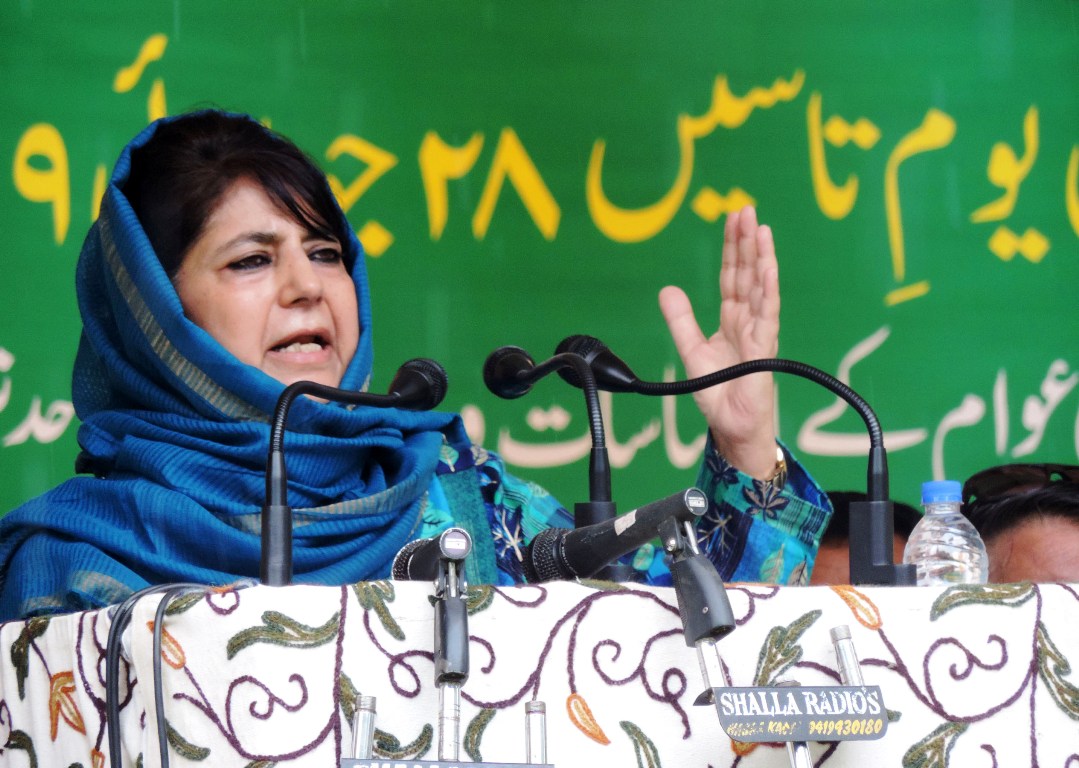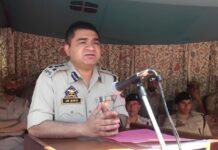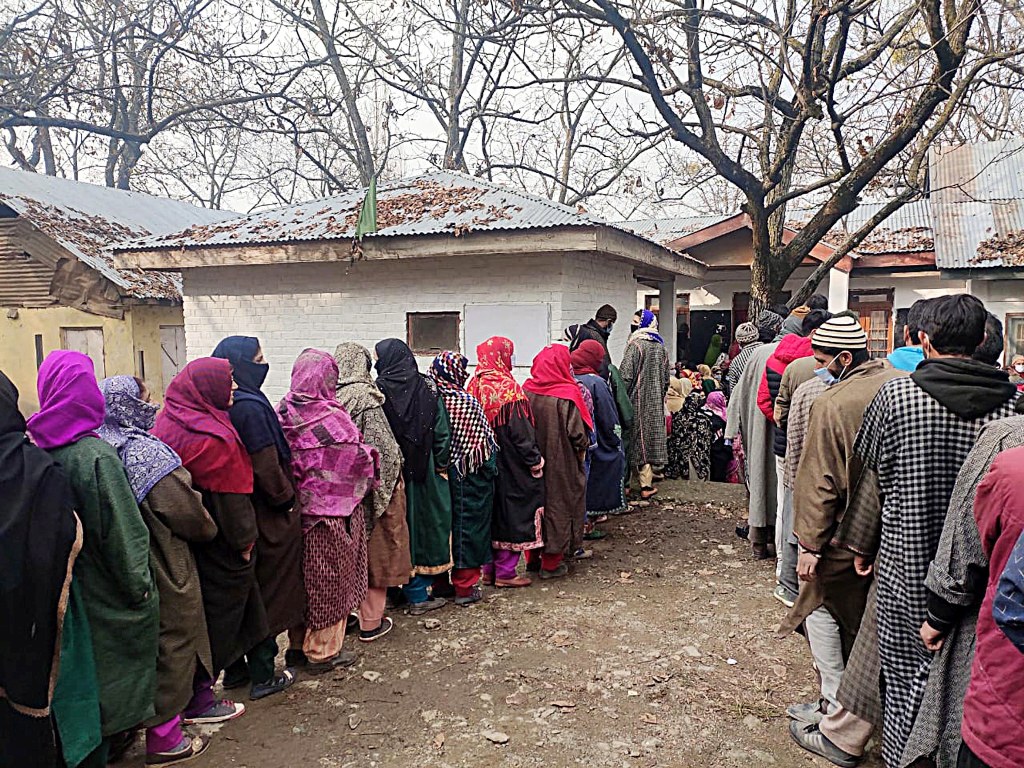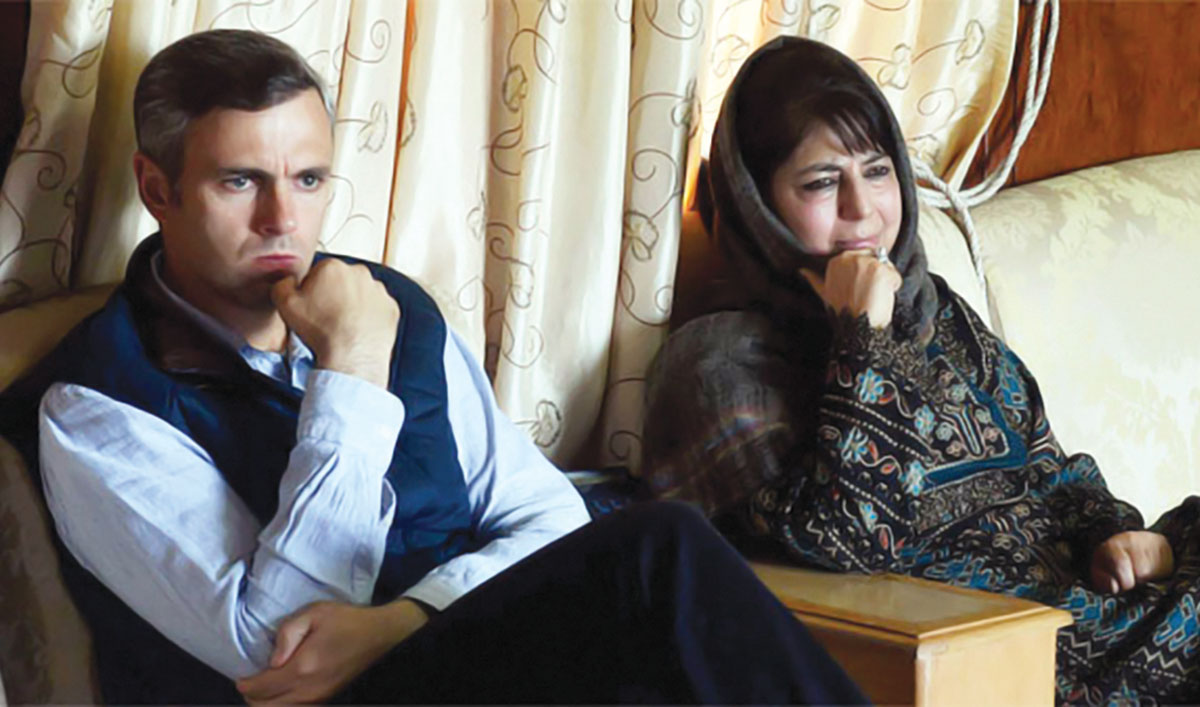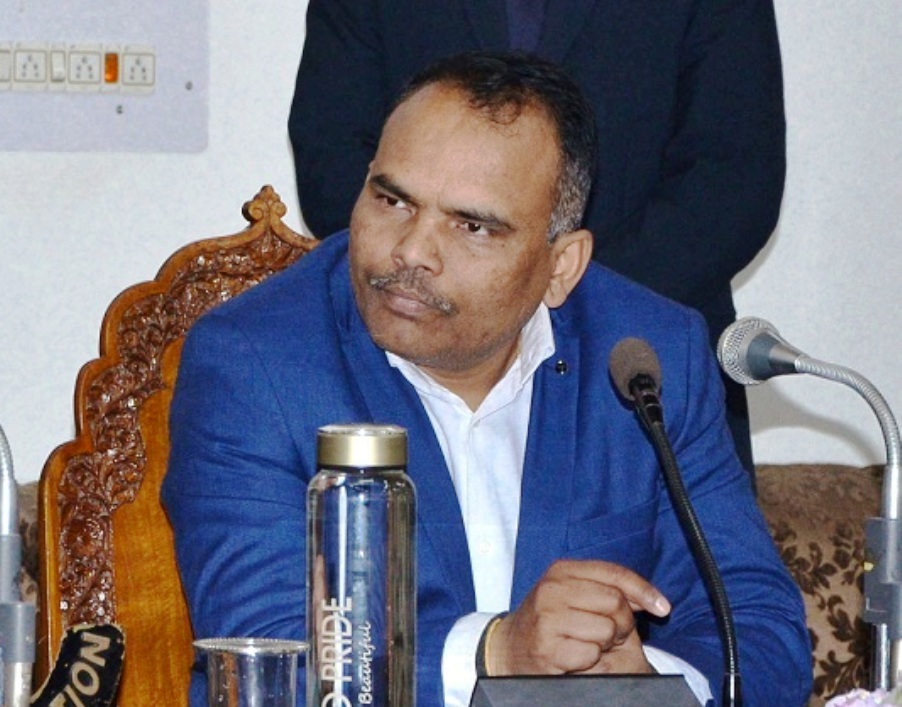KL Report
SRINAGAR
Dr. Ghulam Nabi Fai, lamented 65th anniversary of the non‑implementation of the January 5, 1949, United Nations resolution which says that the future of Jammu and Kashmir shall be decided through the democratic method of a free and impartial plebiscite.
“Besides an impartial plebiscite, this resolution says there shall be no threat, coercion or intimidation, bribery or other undue influence on the voters in the plebiscite; no restrictions should be placed on legitimate political activity throughout the State; all subjects of the State, regardless of creed, caste or party, shall be safe and free in expressing their views; and there shall be freedom of the Press, speech and assembly,’ Dr Fai has said in a statement issued to KNS on Sunday.
Dr. Fai has reiterated that with the lapse of British paramountcy on August 14, 1947, princely states including Jammu & Kashmir enjoyed three options: accession to India or Pakistan, or independence. “But the choice, according to India’s Prime Minister Jawaharlal Nehru, was to be made by popular referendum in cases where the creed of the ruler varied from the religion of the majority. That fundamental democratic principle had been sternly applied by Nehru in Hyderabad and Junagadh where the rulers were Muslim but their inhabitants largely Hindu. Kashmir presented a converse case: the Maharaja was Hindu but the majority subscribed to Islam.”
Fai quoted Sir Benegal Rama Rau, the Indian delegate who said at the Security Council on January 13, 1949, “On behalf of my Government, I can give the assurance that it will not only cooperate to the utmost with the Commission itself towards a settlement in Kashmir, but also with the United Nations in securing peace everywhere.” Sir Rau later said, “The people of Kashmir are not mere chattels to be disposed of according to a rigid formula; their future must be decided on their own interest and in accordance with their own desires.”
Dr Fai emphasized that Kashmiris’ claim to self-determination is exceptionally strong even without the United Nations recognition. Kashmir has been historically independent, except in the anarchical conditions of late 18th and the first half of 19th centuries. The territory of Kashmir is larger in size than 121 independent countries and bigger in number than 117 nations of the world.
Fai reminded that the Kashmiri people are exceptionally tolerant and accommodating of religious differences; and friendships are routine among Pandits, Muslims, Buddhists, and Sikhs. In addition, Kashmir does not present a so-called “clash of civilizations” in which two peoples of opposite values confront one another. The princely state of Jammu & Kashmir survived without clashing with India during the British raj. Kashmir has been an historic success story in bringing together in domestic harmony persons of all faiths and persuasions. Adherents of the four main religious groupings have shared neighborhoods, friendships, holidays, and mutual respect.
Dr. Fai called upon the United Nations Secretary General, Mr. Ban Ki-Moon to impress upon the parties concerned to create an atmosphere for a tripartite dialogue – India, Pakistan and Kashmiri leadership – that will guarantee peace and prosperity not only in Kashmir but in the whole region of South Asia – that is home to one-fifth of total human race.



